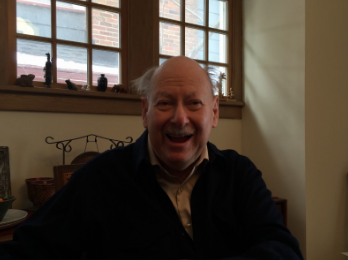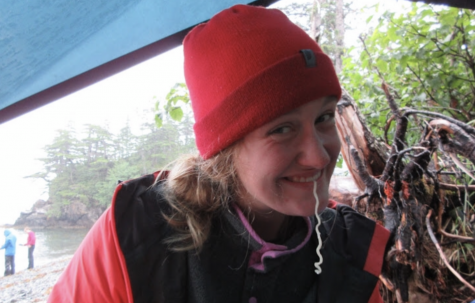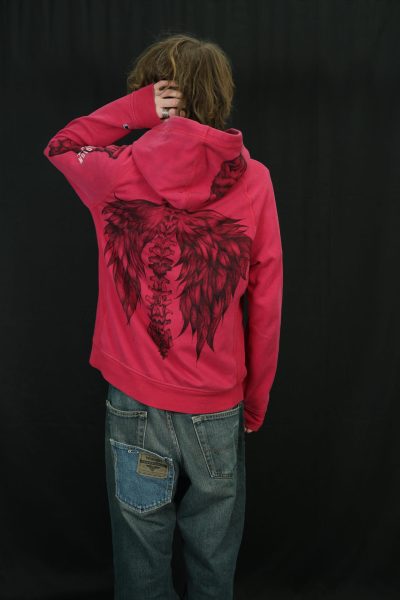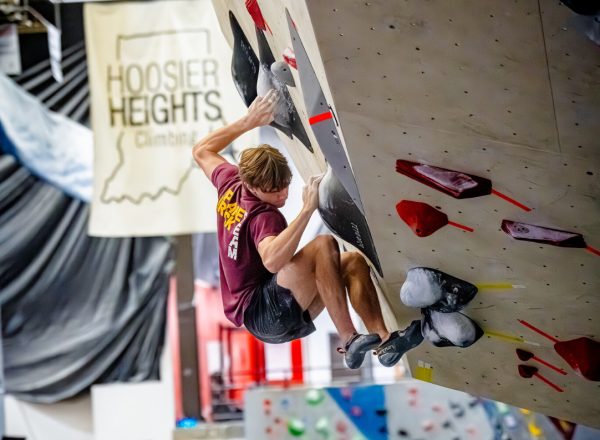George Rosenwald: From Nazi Europe to Ann Arbor, Michigan

George Rosenwald reflecting how far he came from the beginning of his life to the present. He could not be happier with the way things worked out.
He sank into the beige cushion of his favorite chair and leaned back against the torn woven straw. He folded his weathered hands and rested them on his belly. He stared out the window, cloudy eyes setting on the wintery scene. His expression was thoughtful as he watched snowflakes blowing through the air and settling on the windowsill. He has watched the same scene out of the same window for 50 winters, but he is 84, and the first part of his life was not nearly so consistent.
George Rosenwald is many things: husband, father, grandfather, retired professor, writer, refugee, holocaust survivor.
When Rosenwald was five years old, his family fled Vienna. In order to stay unnoticed by the Geheime Staatspolizei, the secret police, he and his father left their apartment with nothing but a violin. His father held the violin case in one hand and his son’s in the other as he left his home of 45 years without looking back. The child-sized violin still sits at the back of Rosenwalds closet, 79 years later.
Rosenwald still ponders how his mother and father made the decision to leave Austria. His parents had built themselves a comfortable life in Vienna. His father was a successful lawyer and his mother had happily integrated into the community.
His father knew that he would not be able to work in other countries due to his refugee status. “We lived as very poor people,” Rosenwald said. They rented out small apartments and survived off of welfare for 10 years. It wasn’t too hard for Rosenwald because refugee living was all he had ever known, but he will never forget how difficult the transition was for his parents.
Rosenwald is incredibly thankful for his parents’ decision. If they had decided to stay in Vienna, chances are he would not be alive today. He reflects that “It took courage, more than anything to go into the unknown. You know what you’re giving up, but you don’t know what you’re getting into. You don’t know where you’re going.”

Ruby Taylor is a senior, and is currently in her sixth semester on Communicator staff. She loves all living things with every ounce of her being... except she hates creepy crawly crustaceans. She works as a barista at Argus Farm Stop, Mock Trials (yes it’s a verb!) at CHS, and reads Reese Witherspoon’s book picks in her free time. She is an INFP and her favorite word is cozy. She is a Gemini, but if you really want to understand her, recognize that she is a Pisces moon. She loves rain and the arb and her friends and taro milk tea.








